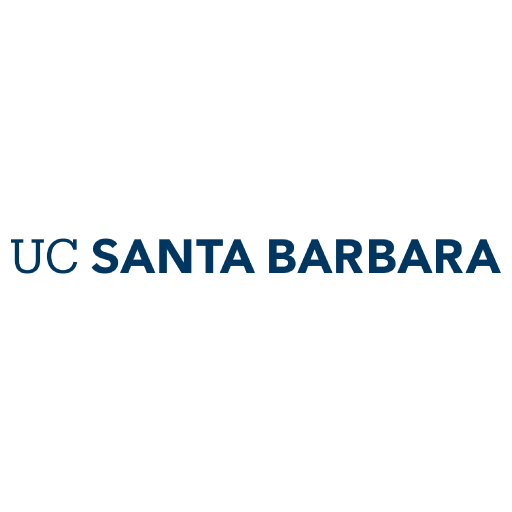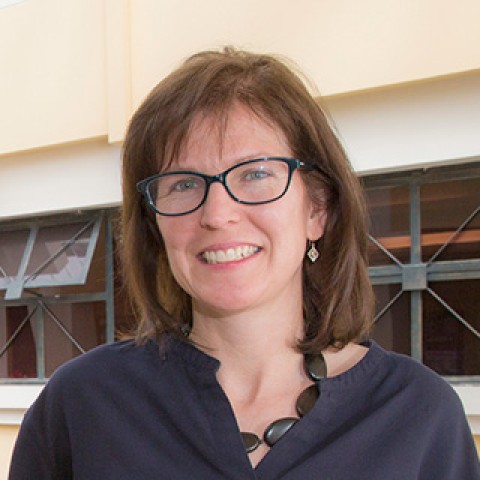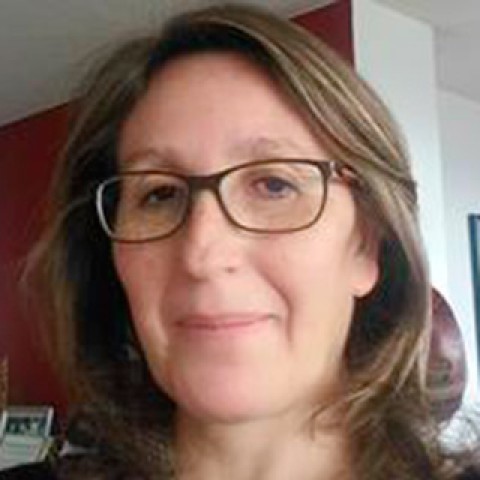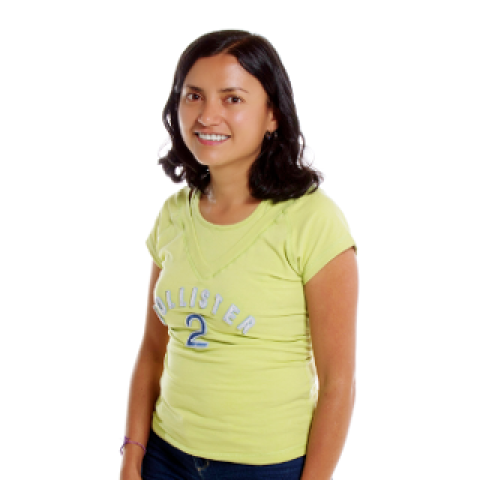Digital Activism, Technology and Sustainable Communication
It encompasses the study of technological, digital and communication practices, from academia and activism. It seeks to understand the dimensions of social inequalities, integrating different contexts and perspectives, such as feminism, decolonialism, indigenism, among others. It also analyzes the behaviors and social responses that are reconfiguring the uses and practices of digital media and new communications.
Research Projects
Digital Activism, Community Media and Sustainable Communication in Latin America
Main objective: This book brings together academic and activist works on community media, feminist, decolonial and indigenous perspectives. It addresses the major changes that have occurred in the last decade that are reshaping the uses and practices of digital media.
Pandemic technologies, inequalities, and social solidarity: A qualitative, longitudinal study of Ecuador's COVID-19 emergency
Main objective: To achieve a more integrated analysis of the role of technology in Ecuador to understand both the symbolic/communicative and material dimensions of inequalities and social solidarities through the pandemic conjuncture.
Solidarity in times of a pandemic: What do people do, and why? A comparative and longitudinal study in three waves
Main objective: To understand how people react to the crisis, the new behaviors they adopt in the context of the crisis (e.g., new technological practices), and to explore the reference points and values on which their practices are based (why they do, or do not do, certain things).
Artificial intelligence and big data: Debates, uses and challenges in Latin America
Main objective: To analyze the impact of AI and big data in Latin America from a double dimension: as the transforming element of the traditional epistemological and methodological approaches used in the social sciences, and as an object of multilevel and interdisciplinary study.
Connected Communities
Main objective: This project aims to document and critically discuss the uses of digital communication and technology in Latin America.
Publications
- Hill, M. and Fernández-Salvador, C. (2020). Pandemic technologies, inequality, and social solidarity: A qualitative, longitudinal study of Ecuador's COVID-19 emergency. SSRC Just Tech Covid-19 Rapid-Response Grant.
- Hill, M. et al. (2021). Medical pluralism and ambivalent trust: pandemic technologies, inequalities, and public health in Ecuador and Argentina. Critical Public Health, 32(1), 19-30.
- Martens, C., Venegas, C and Sharupi Tapuy. (2020). Digital Activism, Community Media and Sustainable Communication in Latin America. Palgrave MacMillan.
- Martens, C., Venegas, C and Sharupi Tapuy. (2020). Digital Activism, Community Media and Sustainable Communication in Latin America. Palgrave MacMillan.
- Martens, C. (2017). "Questioning Technology in South America: Andrew Feenberg’s Technical politics and Ecuador´s move toward Free Software and Open Access." Thesis 11. Sage.
Alliances
- University of California Santa Barbara - Book Digital Activism, Community Media and Sustainable Communication in Latin America.

Researchers

Cheryl Martens
PhD in Sociology, University of Manchester, England. She is a founding member of the Institute for Advanced Studies in Inequalities, the Latin American Network of the Pegasus Institute, and a member of IAMCR and CSA. His areas of interest and research include: Migration and Food Security in the Global South, communication and community media, digital activism in Latin America, sexual and reproductive health, gender, wellbeing, corporate social responsibility, language revitalization, indigenous cultures, with a focus on Amazonia and the sociology of culture.

Michael Douglas Hill
Ph.D. from the Institute of Liberal Arts (ILA) at Emory University, 2005. His interests include inequalities of class, race/ethnicity, and gender/sexuality in the Andean region. Her projects have included research on tourism and heritage, spiritual and religious diversity, organizational culture and life history. She is currently researching inequalities, social solidarity and pandemic technologies in the context of Covid-19 in Ecuador. Co-authored with Georgina Maldonado, she published the book “Para aprender a viajar así: movilidad en la vida de una mujer quechua” (2020, Instituto de Estudios Peruanos and USFQ Press).

Elena del Consuelo Fernández-Salvador Ayala
D. candidate in Development Studies - International Institute of Social Studies ISS of the University of Erasmus-Rotterdam, The Netherlands. She is co-editor and author of the book La Amazonía Minada. Large Scale Mining and Conflict in Southern Ecuador together with Teijlingen, K. van, E. Leifsen, and L. Sanchez Vázquez (2017 USFQ Press-Abya Yala). She is the coordinator for Ecuador of the SolPan+ Latin American Consortium, as part of the collaborative project “Solidarity in times of COVID19”; focused on the use of technologies and health, inequalities and medical pluralism. Her areas of interest and research have focused on ethno-politics, extractivism and development, particularly on the dynamics generated by large-scale mining in the Southern Amazon of Ecuador. In recent years, they have also included collaborative research on organizational cultures and community-based tourism.

Daniel Luis Luengo

Tania Orbe
